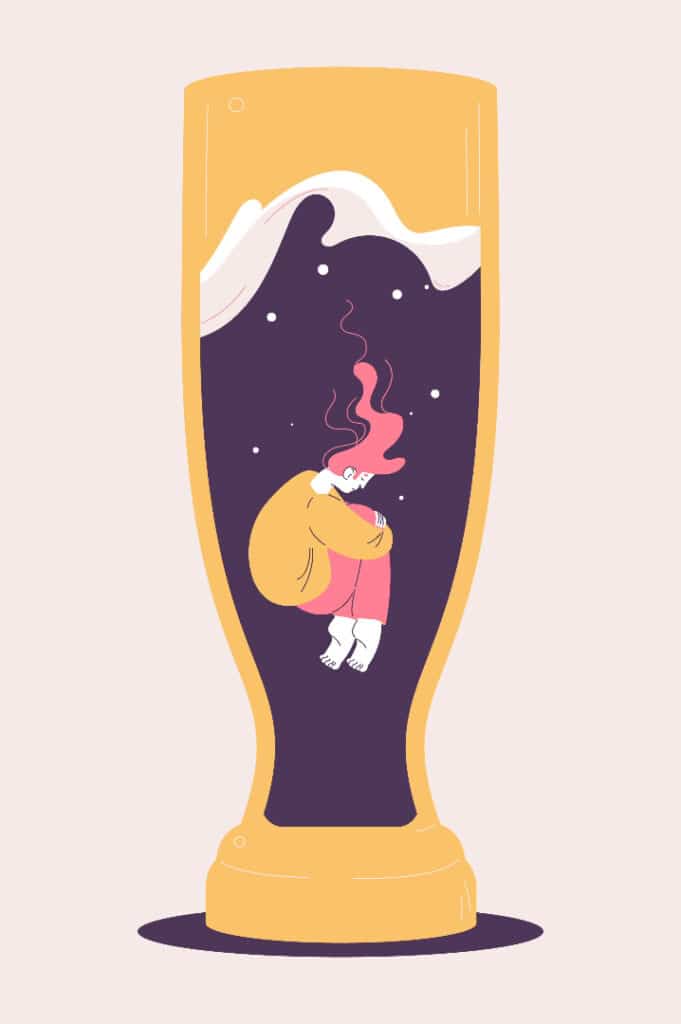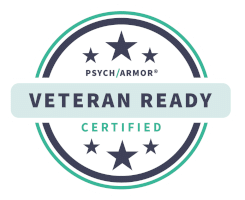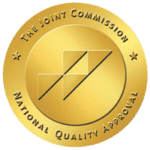Alcohol use disorder and depression have a complex relationship. These often co-occurring disorders cause complications in traditional mental health and addiction treatment approaches. How are the two conditions related, how do they affect one another, and when is it time to seek alcohol and depression treatment?
What is Alcoholism?
Alcoholism, or alcohol use disorder, is a chronic, relapsing brain disorder characterized by compulsive alcohol use. People with alcohol use disorder lose control of their consumption and continue drinking despite the negative consequences that arise. Some signs of alcohol use disorder include:- Trying to cut back or quit but not being able to
- Spending a lot of time drinking
- Experiencing cravings for alcohol
- Losing interest in hobbies or activities because of drinking
- Neglecting responsibilities at work, school, or home
- Needing to drink more to achieve the desired effect
What is Depression?
Depression, also called major depressive disorder, is one of the most common but also most serious mood disorders. It affects how a person thinks, feels, behaves, and views themselves and the world.2 Depression can also impact a person’s ability to handle daily activities, including working, eating, and sleeping. There are different types of depression diagnoses, including:- Major depression
- Persistent depressive disorder
- Seasonal affective disorder
- Psychotic depression
The Relationship Between Alcoholism and Depression
Alcoholism and depression share an intricate connection, especially as co-occurring disorders. Symptoms of both conditions can overlap and often exacerbate one another. Someone with a substance use disorder typically uses alcohol or drugs to cope with difficult thoughts or emotions. Since difficult thoughts and emotions are characteristic of depression, those with these co-occurring conditions tend to self-medicate their depression with alcohol. Additionally, alcohol is a depressant substance that only causes symptoms of depression to worsen over time. This vicious cycle causes lasting changes to the brain and body that can lead to long-term consequences when left untreated.Alcohol and Depression Treatment
Although alcohol and depression have a complicated relationship, comprehensive mental health and addiction treatment can lead to healing and recovery. Treating co-occurring alcohol use disorder and depression requires a specialized approach that understands the delicate balance between the two conditions. Treatment programs like Pasadena Villa are equipped to work with individuals who live with co-occurring disorders. We work with you to develop an individualized treatment program that considers and works with your needs. Whether you’ve been to treatment before or this is your first time asking for help, Pasadena Villa is here. If you’re ready to reach out and learn more, call us at 407-215-2519 or submit an online contact form. Our admissions specialists will walk you through your options and assist you in determining which treatment path is right for you. You never need to struggle alone again—the entire team at Pasadena Villa is here for you every step of the way. References- Substance Abuse and Mental Health Services Administration. (2022). National Survey on Drug Use and Health 2021.
- National Institute of Mental Health. (2023). Depression.





